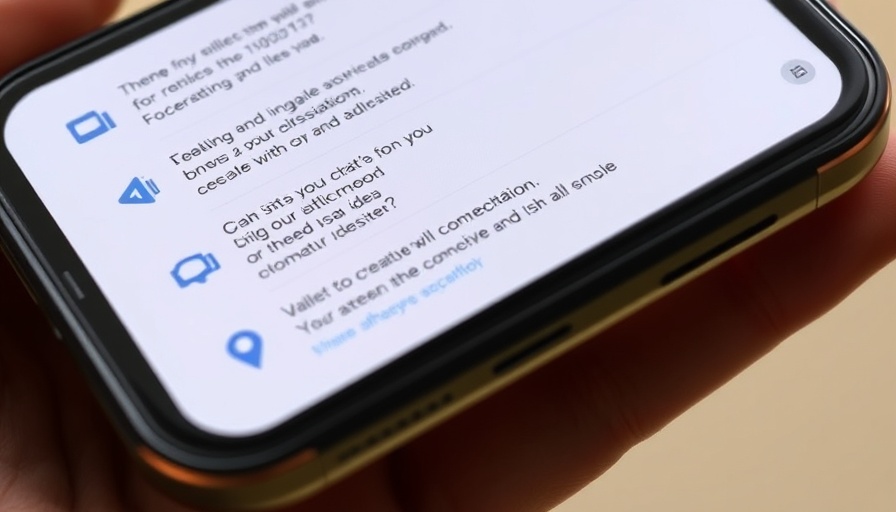
Is AI-Assisted Writing a Form of Cheating?
The rapid rise of AI tools for writing has sparked significant debate regarding authenticity and academic integrity. While some view using AI for writing as a modern solution akin to traditional grammar checkers, others see it as crossing an ethical line. The truth is, perceptions are divided, shaped by personal experiences, occupational mandates, and varying cultural attitudes.
A Classroom Divide: Teachers vs. Students
One of the most vocal groups against AI writing tools is educators. Sarah, a high school English teacher in Chicago, experienced firsthand what she believed to be academic dishonesty when a student’s paper surged in quality. When confronted, this student revealed his secret: the usage of AI writing assistance. For Sarah, this was clear cheating, as she aims to assess her students’ authentic thought processes and writing capabilities.
Conversely, students like Jake, a college sophomore in California, argue that AI tools are simply extensions of previous technologies like spellcheck. Jake views them as necessary innovations tailored toward improving the writing process rather than shortcuts. This underscores a generational shift in attitudes, where technology intermixes with education, creating a rift between teaching methodologies and student realities.
The Writer’s Dilemma: Between Authenticity and Efficiency
For many content creators, the utilization of AI tools represents a balancing act between the efficiency they promise and the authenticity of their unique voice. Freelance writer Jenna from New York leans on AI suggestions to quicken her workflow. While these tools save her time, Jenna candidly reflects on the loss of individuality that some AI-generated content can bring. “Polished writing can sometimes feel sterile,” she notes, highlighting a crucial dilemma for writers everywhere.
Businesses: Viewing AI as an Ally
In the corporate sphere, businesses take a different approach. Marcus, who runs a digital marketing agency in Atlanta, sees AI as a competitive edge. As deadlines loom and client demands intensify, AI facilitates swift drafting and editing, allowing teams to focus on strategic thinking over basic writing tasks. This pragmatic perspective showcases how the landscape of writing is evolving based on the needs of productivity and efficiency.
Where Do We Draw the Line: An Ethical Tightrope
The ethical considerations surrounding AI writing tools provoke diverse opinions across various sectors. Whether in academia, creative writing, or business, we must ponder how these tools fit into our personal and professional identities. Are they simply a means to enhance our skills, or do they undermine the very essence of human expression? As technology advances, the definitions of cheating and authenticity will likely continue to evolve.
Embracing the Future of Writing
As we navigate through these changing dynamics, it’s essential to engage in conversations that challenge our perceptions. Writers, educators, and businesses alike can benefit from reflecting on the implications of AI writing tools. Perhaps, with the right balance and ethical guidelines, we can embrace the conveniences of AI while preserving our unique voices and creativity.
Whether you’re a student utilizing AI for assignments or a professional writer seeking productivity, understanding this technological shift is vital. So, as the debate rages on, what stance will you take?
Let's think responsibly about our writing tools. If you want to bypass AI detectors effortlessly, check out Prompt2Human today!
 Add Row
Add Row  Add
Add 




Write A Comment